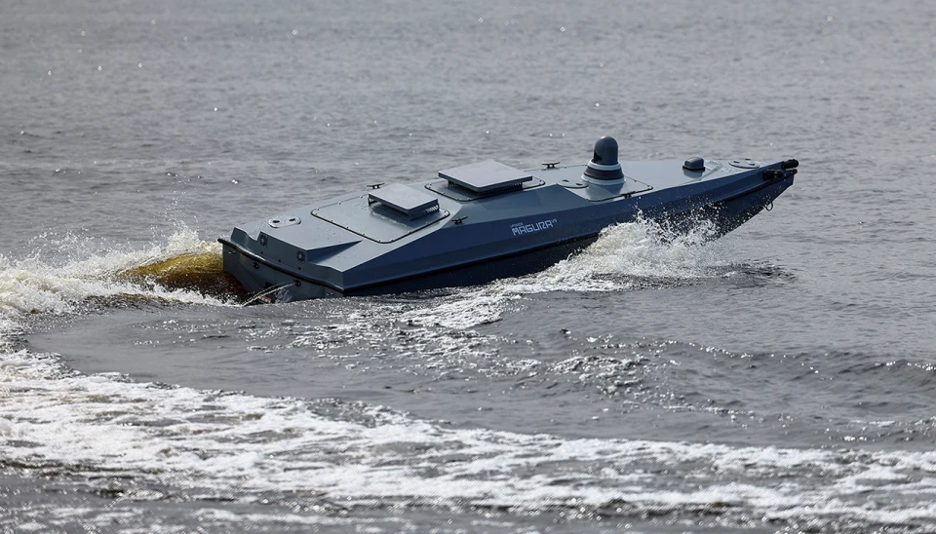Russian forces began military drills earlier this week in the Southern Military District that simulated the use of tactical nuclear weapons in response to what Moscow characterized as provocative Western threats to consider direct involvement in the war in Ukraine.
Russia’s defense ministry said that the drills are designed to test “the readiness of personnel and equipment of non-strategic nuclear weapons combat units to respond and to unconditionally ensure the territorial integrity and sovereignty of the Russian state.”
JOIN US ON TELEGRAM!
Follow our coverage of the war on the @Kyivpost_official.
There has been no confirmation to date whether Russia’s drills would include any live test firings.
Commentators said the drills had been ordered by President Vladimir Putin as he was particularly angered by French President Emmanuel Macron’s statement that he was prepared to send troops to fight in Ukraine and remarks by the UK’s foreign secretary, David Cameron, that Ukraine had the right to use British weapons to strike targets in Russia.
France’s Minister of Defense Sébastien Lecornu said on Wednesday, that what was dubbed Operation Durandal, saw a Rafale B multi-role fighter aircraft and an A330 Phénix Multi Role Tanker Transport (MRTT) aircraft overcome representative air-to-air and ground-to-air threats before firing the MBDA manufactured ASMPA-R “above national territory... at the end of a flight representing a nuclear air raid.”

Macron Gambles on Snap Elections to Halt Far-right March
In a post on X, he congratulated “all the forces, [defense] ministry teams and industrial partners involved.”
While some commentators suggested the timing of the test, only a day after Russia’s exercise began, was provocative, Lecornu said the tests had been a “long-planned” operation, aimed at upholding “the credibility of the airborne nuclear element of deterrence.”
The ASMPA-R missile is the third generation of the MBDA manufactured Air-Sol Moyenne Portée, ASMP (medium-range air-to-ground strategic missile) that forms part of France’s independent nuclear deterrent.
The ASMP, was originally developed in the late 1980s with a range between 80 and 300 kilometers (50-190 miles) flying at Mach-2 employing a liquid fuel ramjet. It is designed to carry the TN 81 nuclear warhead which has a variable yield of between100 and 300 kilotons. A total of 90 missiles and 80 warheads were produced in the early 1990s, with 60 units still operational in 2001.
In French military parlance, it is referred to as a pre-strategic weapon that bridges the gap between battlefield tactical and full strategic weapons launched from France’s Triomphant-class ballistic missile submarines.
France is understood to be working in parallel to produce both fully modernized thermonuclear warheads along with the fourth generation ASN4G (Air-Sol Nucléaire de 4ème Génération) high supersonic / hypersonic missile slated to replace ASMP-R in 2035.
You can also highlight the text and press Ctrl + Enter






